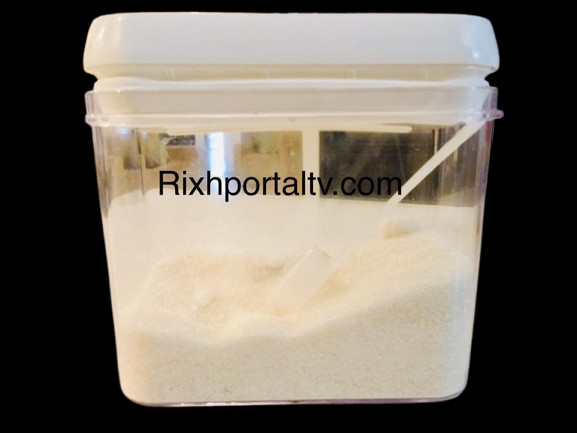Foods Athletes Should Not Eat
Source: http://www.richportaltv.com
Fueling your body with the correct foods is crucial for athletes in order to maximize performance, facilitate recovery, and promote general health. Athletes should minimize or stay away from the following foods:
High-Sugar Foods
1. Sports drinks and sodas: Rich in calories, sugar, and acidity, they can cause tooth damage, dehydration, and energy dumps.
2. Candy and baked goods: High in empty calories, added sugars, and unhealthy fats.
3. Fruit liquids: Although fruit has many health benefits, fruit drinks frequently include little fiber and a lot of sugar.
Processed and High-Sodium Foods
1. Processed meats: Bacon, sausages, and hot dogs are heavy in saturated fats, salt, and preservatives.
2. TV dinners and frozen meals: Frequently contain harmful fats, preservatives, and sodium.
3. Canned goods: While convenient, canned goods are often high in sodium and preservatives.
Foods High in Saturated and Trans Fats
1. Fried foods: Foods heavy in calories, saturated fats, and sodium include fried chicken, doughnuts, and french fries.
2. Red meat: While lean red meat can be part of a healthy diet, excessive consumption can lead to high saturated fat intake.
3. Full-fat dairy products: While dairy is essential for athletes, full-fat products like cheese and whole milk can be high in saturated fats.
Foods That Can Cause Digestive Issues
1. Beans and legumes: Although they are nutrient-dense, some athletes may experience digestive problems like gas and bloating from eating beans and legumes.
2. Dairy products: Lactose intolerance or sensitivity might cause digestive problems for certain athletes.
3. Spicy or high-fiber foods: While fiber is essential, excessive consumption can lead to digestive issues like bloating, cramps, and diarrhea.
Other Foods to Limit
1. Caffeine: While moderate caffeine consumption can enhance performance, excessive intake can lead to jitters, anxiety, and dehydration.
2. Energy drinks: Frequently containing high levels of sugar, caffeine, and other stimulants, these beverages can cause dehydration, energy crashes, and other health problems.
3. Alcohol: Can impair performance, hydration, and recovery, while also increasing the risk of injury and illness.
Keep in mind that each athlete is unique and may have varying food tolerances. It is critical to try new things, track how your body reacts, and modify your diet as necessary. To create a customized nutrition plan, speak with a sports nutritionist or other medical expert.

